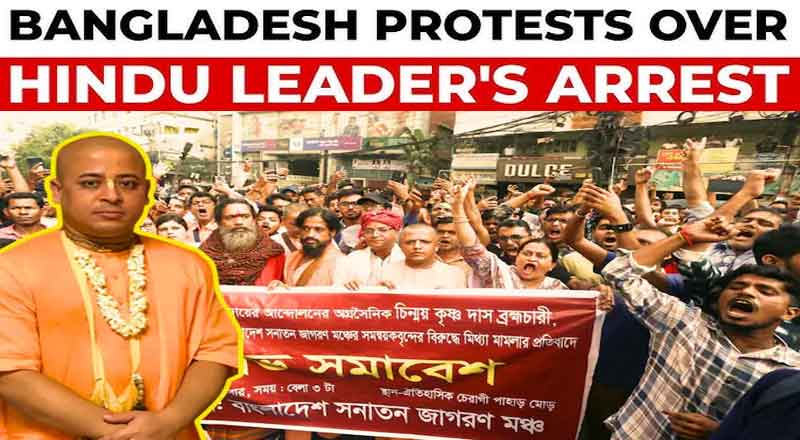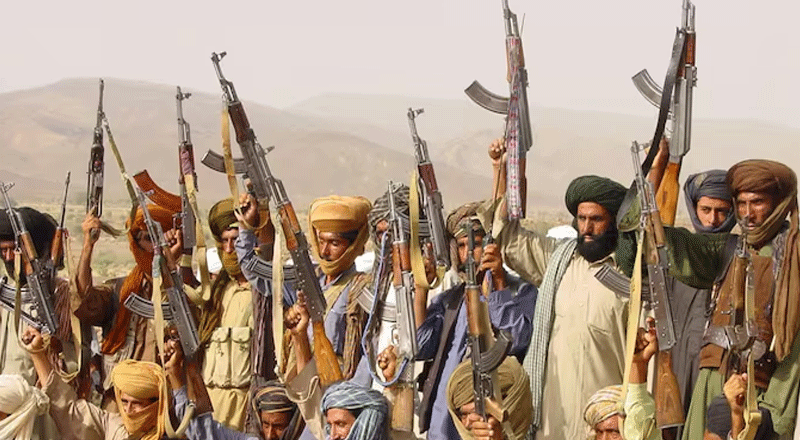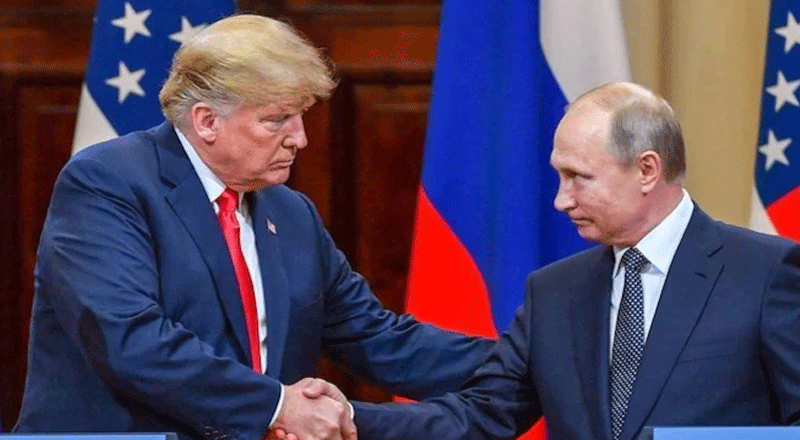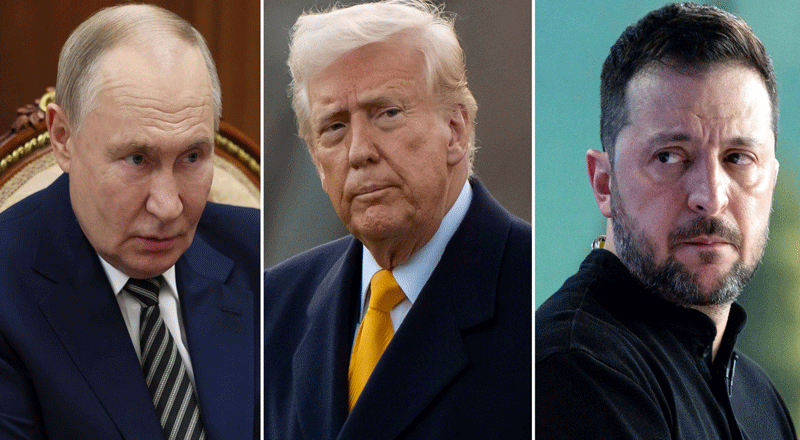A Case That Resonates Beyond Borders
The arrest and denial of bail to Bangladeshi Hindu monk Chinmoy Krishna Das Brahmachari has reignited tensions over the treatment of religious minorities in Bangladesh. Known for his vocal advocacy on behalf of Hindu communities, the detention of this prominent figure has drawn widespread protests and international concern. As the International Society for Krishna Consciousness (ISKCON) appeals to India for intervention, the episode highlights ongoing challenges faced by minorities in Bangladesh and raises questions about justice and freedom of expression under its current interim regime.
A Controversial Arrest
Chinmoy Krishna Das, a key advocate for Hindu minorities and spokesperson for the Sanatan Jagaran Mancha, was detained by Dhaka police on November 25, 2024. According to reports, he was arrested at Hazrat Shahjalal International Airport based on a sedition complaint filed a month earlier. The charges stem from an alleged incident during an October rally where participants reportedly placed a saffron flag over the Bangladeshi flag, sparking accusations of disrespect toward national symbols.
Authorities stated that the rally was organized under the banner of the Hindu advocacy group “Sanatan Jagaran Mancha.” Following the arrest, the monk was taken to an undisclosed location, heightening concerns about his treatment and the motives behind the detention.
Denial of Bail Amid Rising Protests
The Chittagong Metropolitan Magistrate Court rejected Das’s bail application on November 26, upholding the sedition charges. While the police did not seek his remand, the court ordered his transfer to judicial custody with assurances that he would be allowed to observe religious practices.
The arrest triggered widespread demonstrations in Bangladesh, with many supporters viewing the monk’s detention as a direct attempt to suppress dissent. Protests across various cities resulted in clashes, leaving several injured, as demonstrators demanded the immediate release of the religious leader.
ISKCON Appeals for Diplomatic Intervention
The International Society for Krishna Consciousness (ISKCON), of which Das is a prominent leader, has called upon the Indian government to intervene diplomatically. In a statement posted on social media, ISKCON refuted allegations of terrorism and described the charges against their leader as baseless.
“ISKCON is a peace-loving Bhakti movement,” the statement read, urging India to advocate for Das’s release. The organization also appealed to Bangladesh’s interim government to respect human rights and the rule of law.
India’s Response: A Call for Minority Rights
India, historically attentive to the treatment of Hindus in Bangladesh, voiced strong concerns over the arrest. The Ministry of External Affairs condemned the escalating violence against minorities, which has included incidents of arson, theft, and desecration of religious sites.
“We urge Bangladesh authorities to ensure the safety and security of Hindus and all minorities, including their right to freedom of peaceful assembly and expression,” said a ministry spokesperson.
India’s sharp criticism reflects a growing apprehension about the safety of minorities under the interim government of Mohammed Yunus, which has faced allegations of failing to protect vulnerable communities from targeted violence.
Chinmoy Krishna Das: Advocate for the Voiceless
Das, who has served as divisional organizing secretary for ISKCON in Chattogram, is a vocal advocate for the rights of Hindus in Bangladesh. As principal of Pundarik Dham and a founding member of Sanatan Jagaran Mancha, he has consistently highlighted issues of violence and discrimination faced by minorities.
His arrest comes amidst a turbulent political climate in Bangladesh. Following the departure of former Prime Minister Sheikh Hasina, the interim government has been criticized for its inability to stem growing violence against minorities. Many view Das’s detention as a political maneuver to silence dissenting voices and weaken Hindu advocacy groups.
Broader Implications for Minority Rights
The detention of Chinmoy Krishna Das underscores a larger issue: the precarious position of minorities in Bangladesh. While the country’s constitution guarantees equal rights for all citizens, incidents of violence against Hindus and other minority groups have persisted, often with limited accountability.
Human rights advocates warn that such actions not only threaten Bangladesh’s democratic principles but also strain its relationships with neighboring India. With significant cultural and historical ties, India has a vested interest in ensuring the safety of Hindus and other minorities in Bangladesh.
The Legal and Diplomatic Dimensions
Das’s arrest also raises legal and diplomatic questions. The charges of sedition could be seen as disproportionate, especially given the peaceful nature of the rally he allegedly participated in. Moreover, his detention has sparked fears of a crackdown on freedom of expression, with broader implications for civil society in Bangladesh.
For India, the case presents an opportunity to reaffirm its commitment to protecting minorities in South Asia. By engaging diplomatically with Bangladesh, New Delhi can address this specific incident while advocating for systemic reforms to prevent future violations.
A Test of Justice and Diplomacy
The arrest of Chinmoy Krishna Das has become more than just a legal matter—it is a litmus test for the state of minority rights and justice in Bangladesh. As protests continue and international attention grows, the case highlights the need for greater accountability and protection for vulnerable communities.
For Bangladesh, resolving this issue transparently is critical to maintaining its democratic image and fostering trust among its minority populations. For India, the incident is a reminder of its regional responsibility to uphold the values of justice and equality. How both nations navigate this controversy could set a precedent for addressing similar challenges in the future.
(With inputs from agencies)





